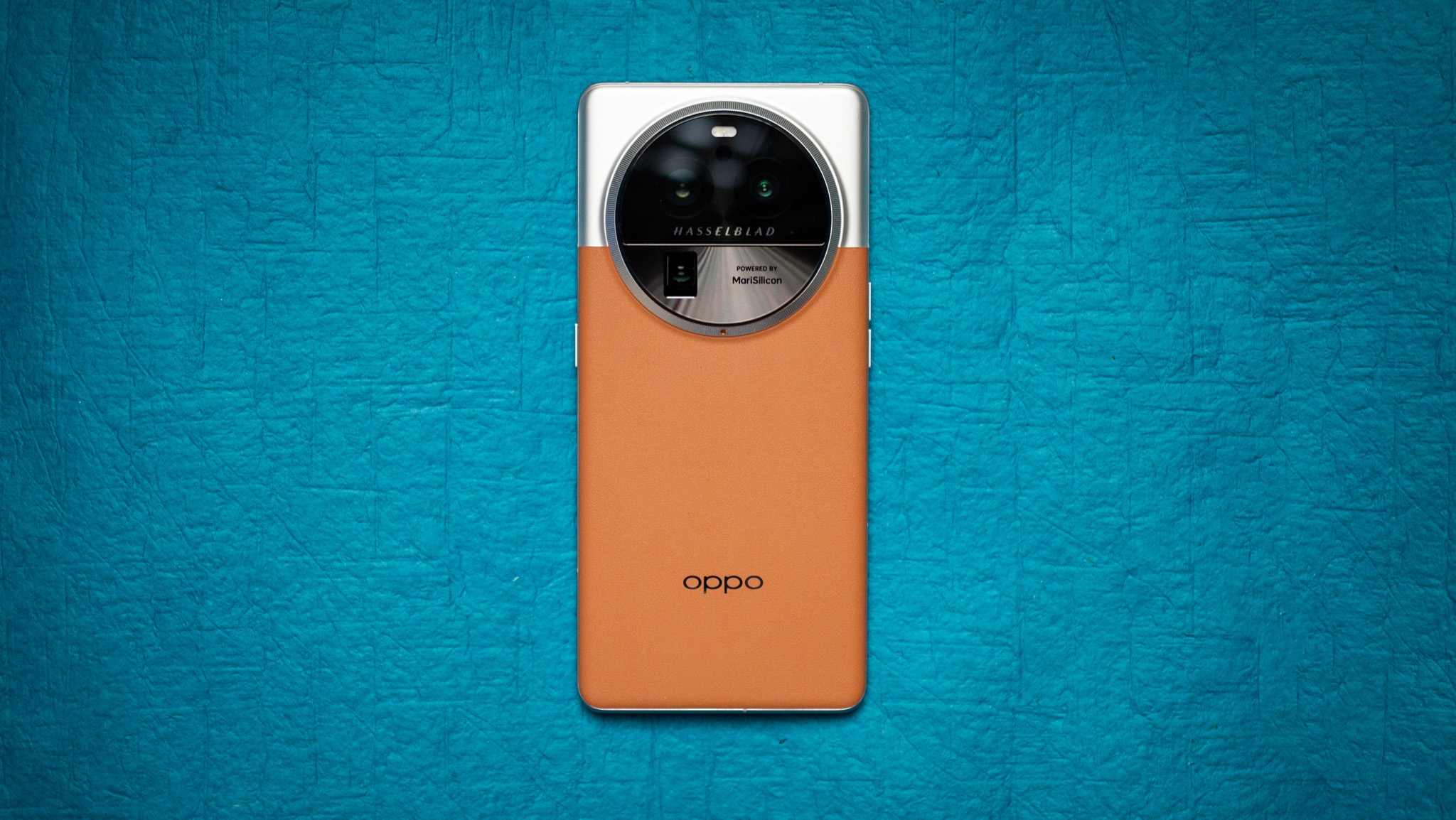
OPPO's Find X5 Pro was one of my favorite devices last year, and the combination of hardware, cameras, and gorgeous design made it a terrific high-end phone. But what I liked the most was the amount of work the brand put into its software; ColorOS 13 is one of the best Android interfaces around, and it has a modern design along with excellent customizability.
That's why I was excited to see what's in store with the Find X6 Pro. I've used the phone for a while now, but much of it wasn't as a daily driver as it doesn't come with Google services out of the box. While earlier versions of Find devices debuted outside China, that isn't the case with this generation — the X6 Pro is limited to the mainland, and it won't be available in global markets.
That's a real shame, because the device would have allowed OPPO to cement its portfolio in global markets. The Find N2 Flip is an outstanding foldable, and you can buy it in the likes of the U.K., India, and other international markets. While that's clearly a good thing, not everyone is ready to switch to a foldable just yet, and the X6 Pro would have been the ideal alternative — similar to what Samsung offers with its Galaxy Z and Galaxy S series.
There's no official reason for why the X6 Pro isn't available globally, and I feel like the Chinese manufacturer is being overly conservative with its strategy at a time when it needs to be aggressive and seize momentum. As such, even though the X6 Pro deservedly gets a high score, I cannot recommend it as the device isn't officially available outside China.
OPPO Find X6 Pro: Pricing and availability
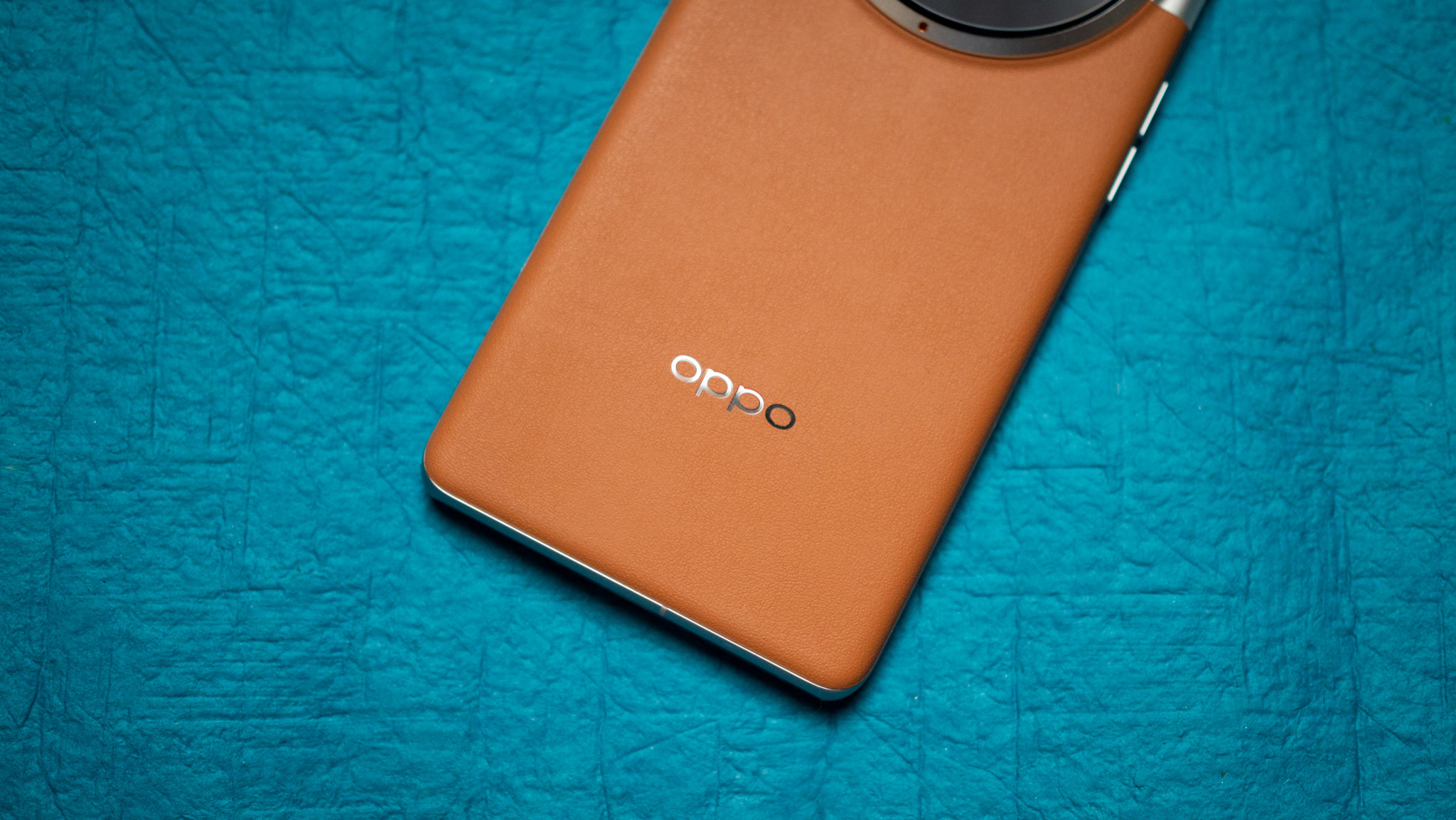
OPPO launched the Find X6 Pro on March 21, and the phone is now available in the brand's home market. Unlike earlier versions in the series, the device will not be sold globally, and is limited to China.
The X6 Pro starts off at 5,999 RMB ($840) for the version with 12GB of RAM and 256GB of storage, 6,499 RMB ($909) for the variant with 16GB of RAM and 256GB of storage, and 6,999 RMB ($979) for the high-end 16GB/512GB variant — this is the one I'm using.
There's also a standard Find X6 that's powered by the Dimensity 9200, and that starts off at 4,499 RMB ($629). As is the case with the Pro model, the standard variant is also limited to China.
OPPO Find X6 Pro: Design
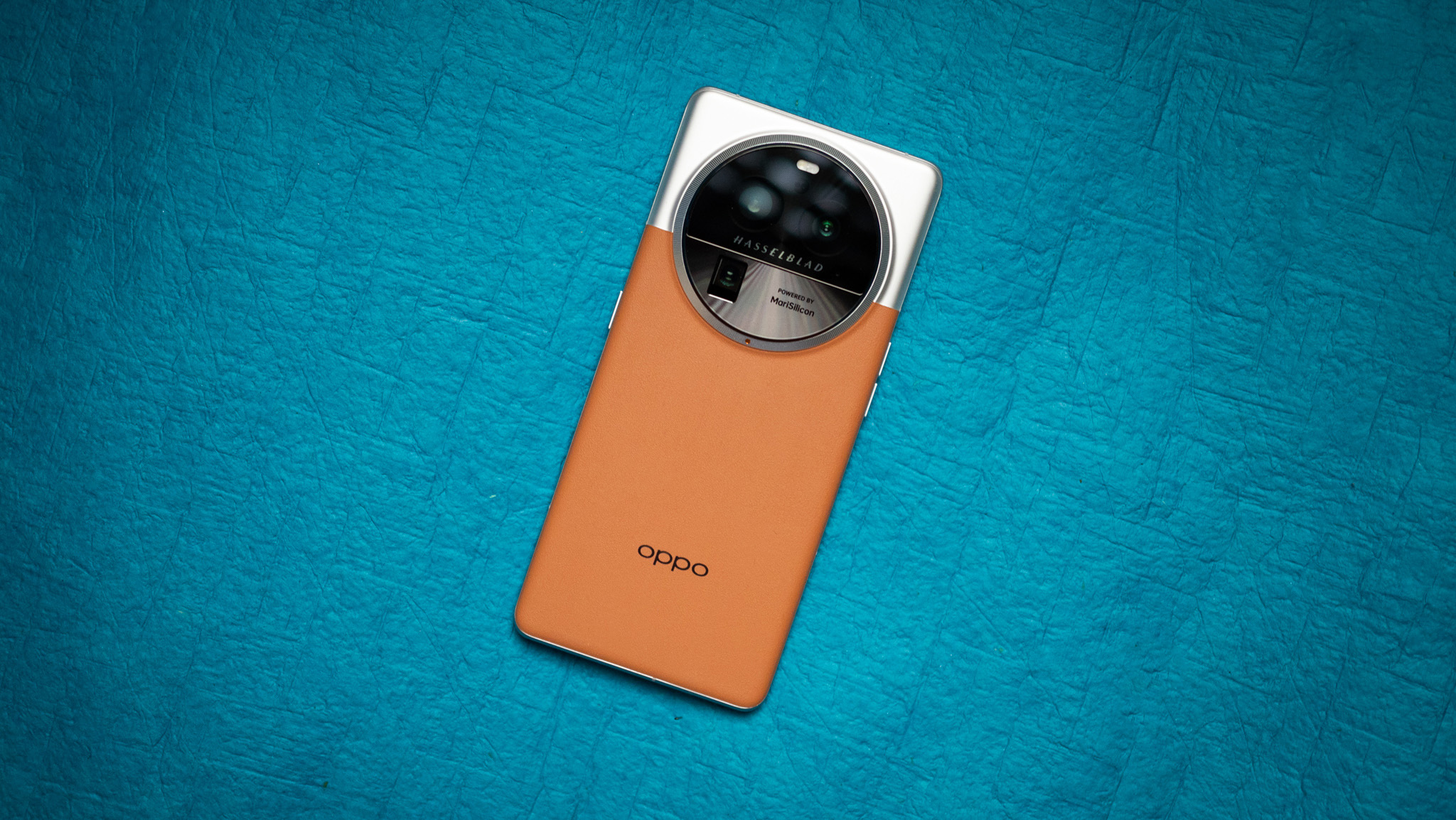
OPPO stuck to a familiar design language over the last two years, with the Find X3 and X5 Pro featuring a sleek back with the camera island jutting seamlessly out of the frame. The brand is doing things a bit differently with the Find X6 Pro, and the device has an oversized camera housing that covers most of the entire top third of the device.
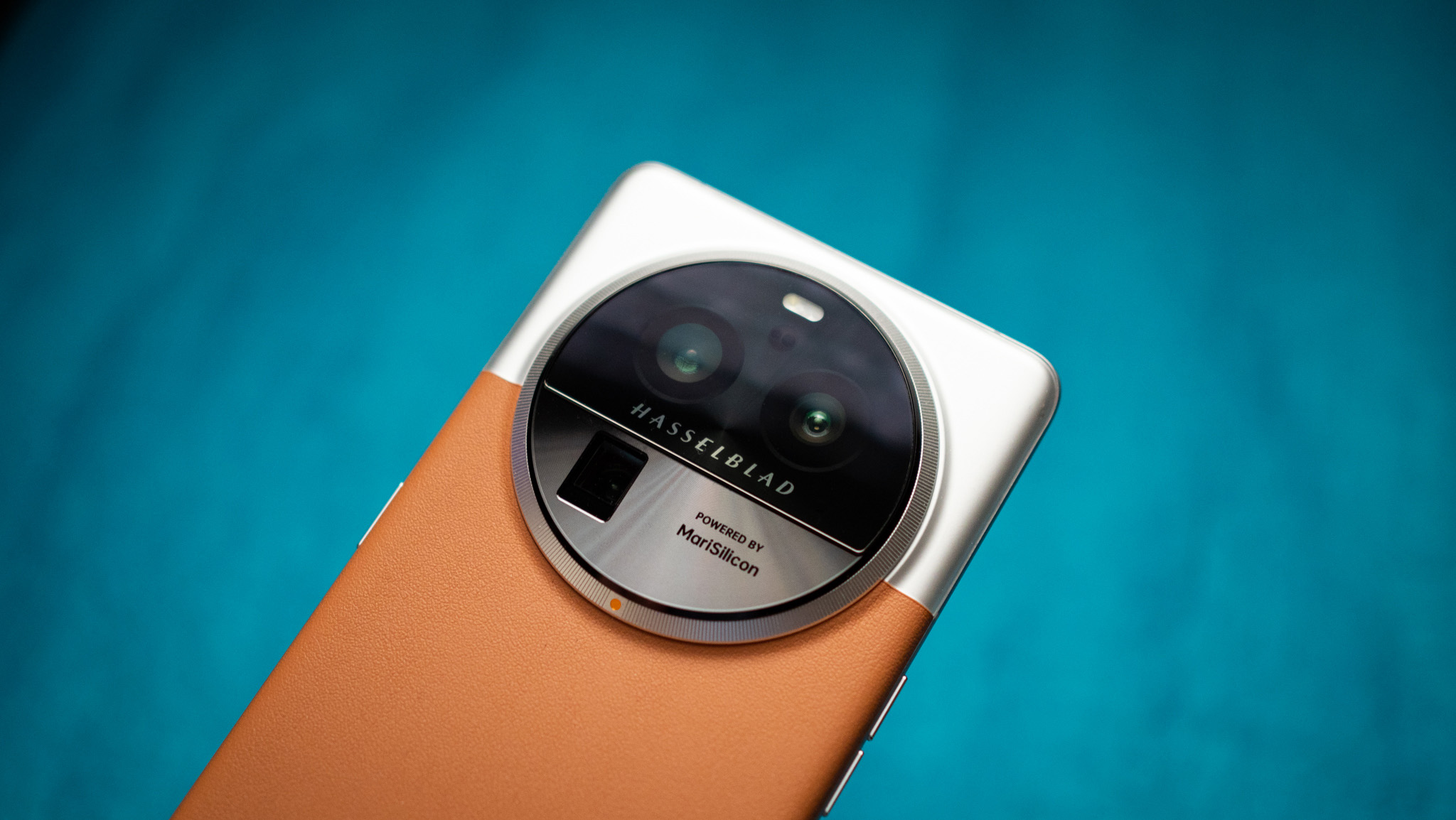
Of course, OPPO isn't the only brand that's offering a gigantic camera island this year; all of its Chinese rivals went a similar route. The oversized camera clearly dominates attention at the back, and to its credit, OPPO did a good job differentiating the design by offering a dual-tone aesthetic that works really well. The metallic silver finish serves as a good contrast to the vegan leather finish that's on the lower two-thirds, and it makes the X6 Pro look that much more elegant.
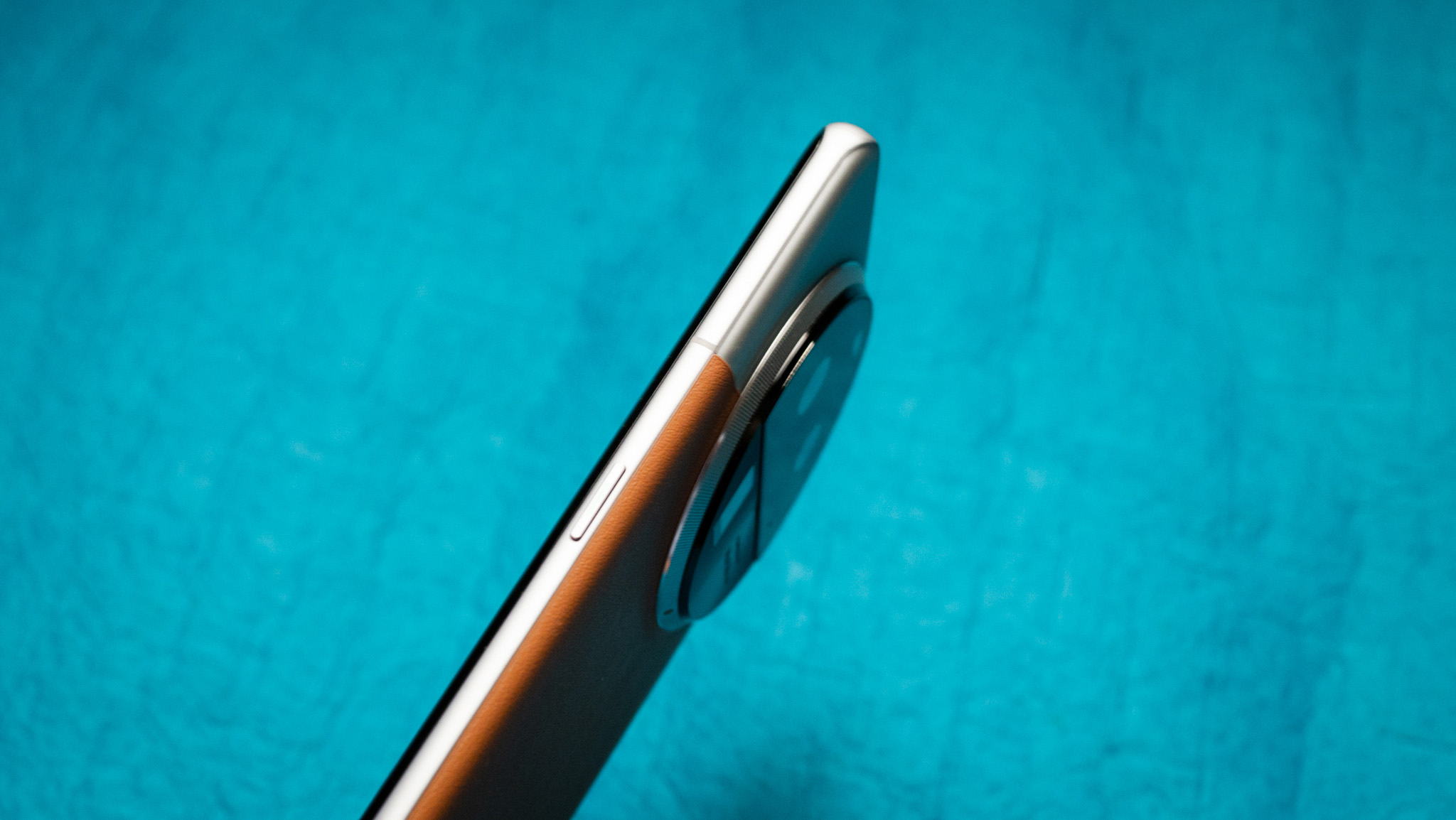
The in-hand feel is excellent, and there are zero issues with weight distribution even accounting for that large camera module. And while the design has changed, the fundamentals are thankfully the same as previous years, with the dual-curved design at the sides featuring a minimal curvature that gives you more than enough room to hold on to the phone at the mid-frame. I also like the matte coating for the mid-frame, and it definitely makes a difference while using the device.
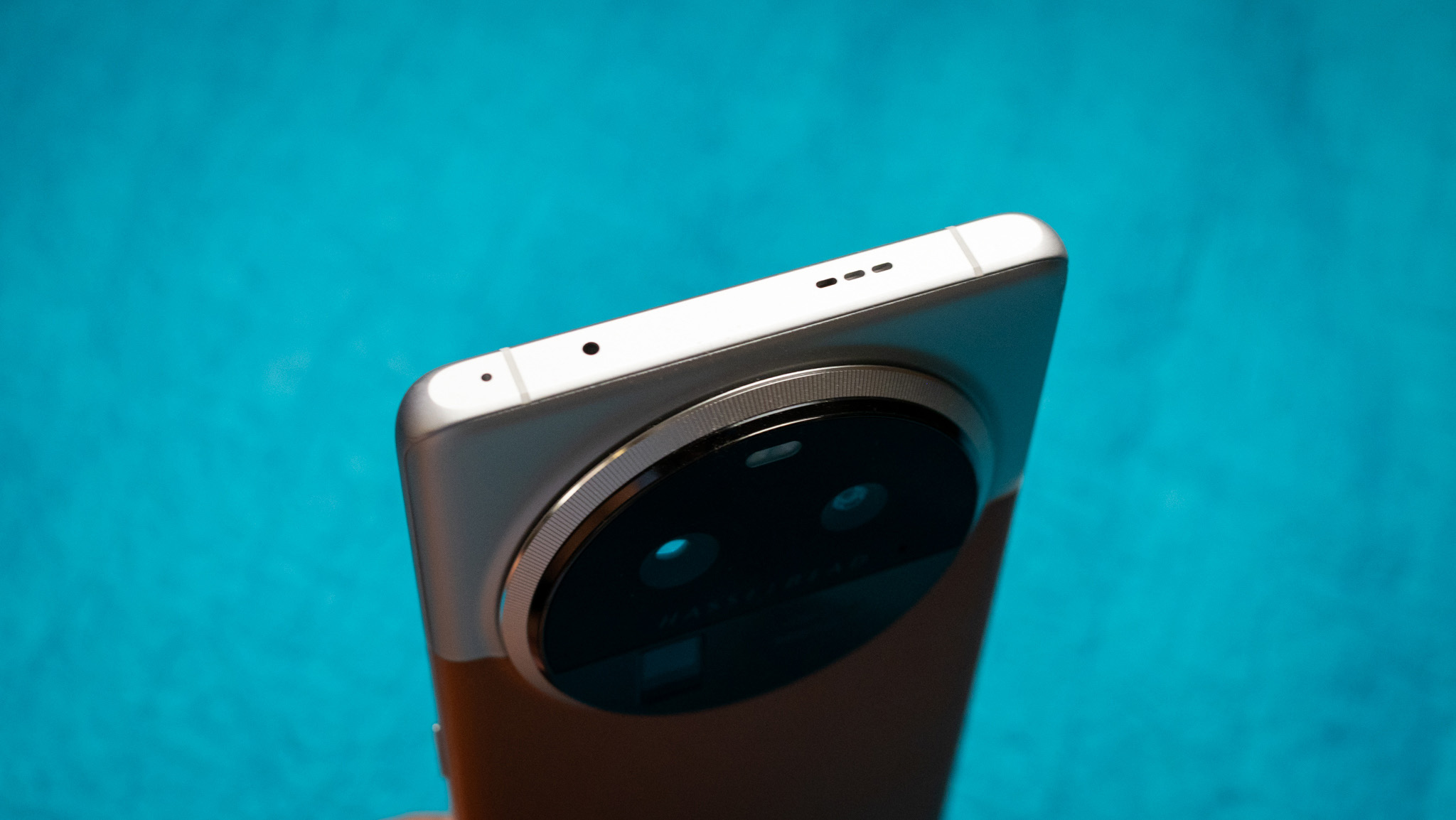
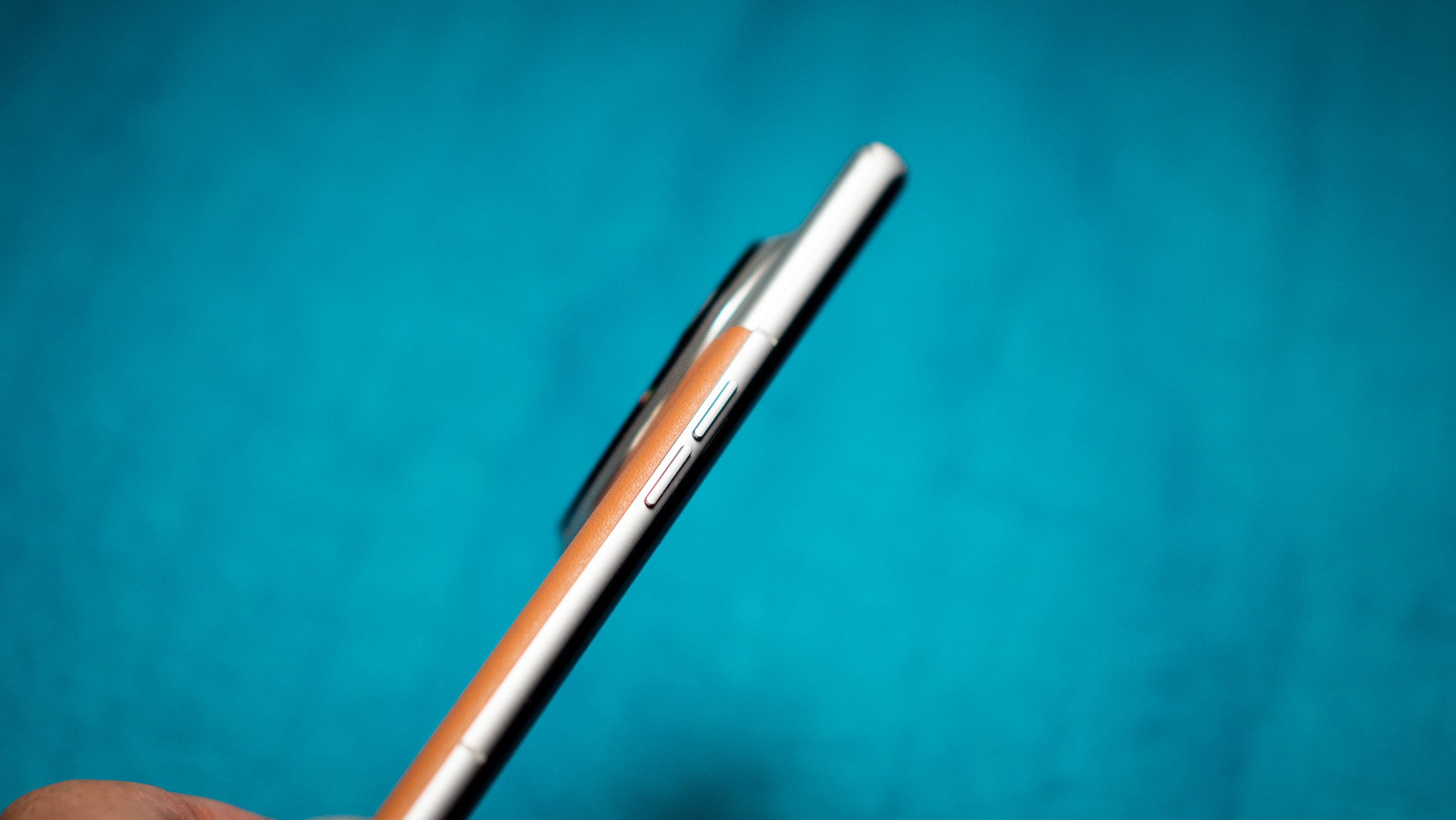
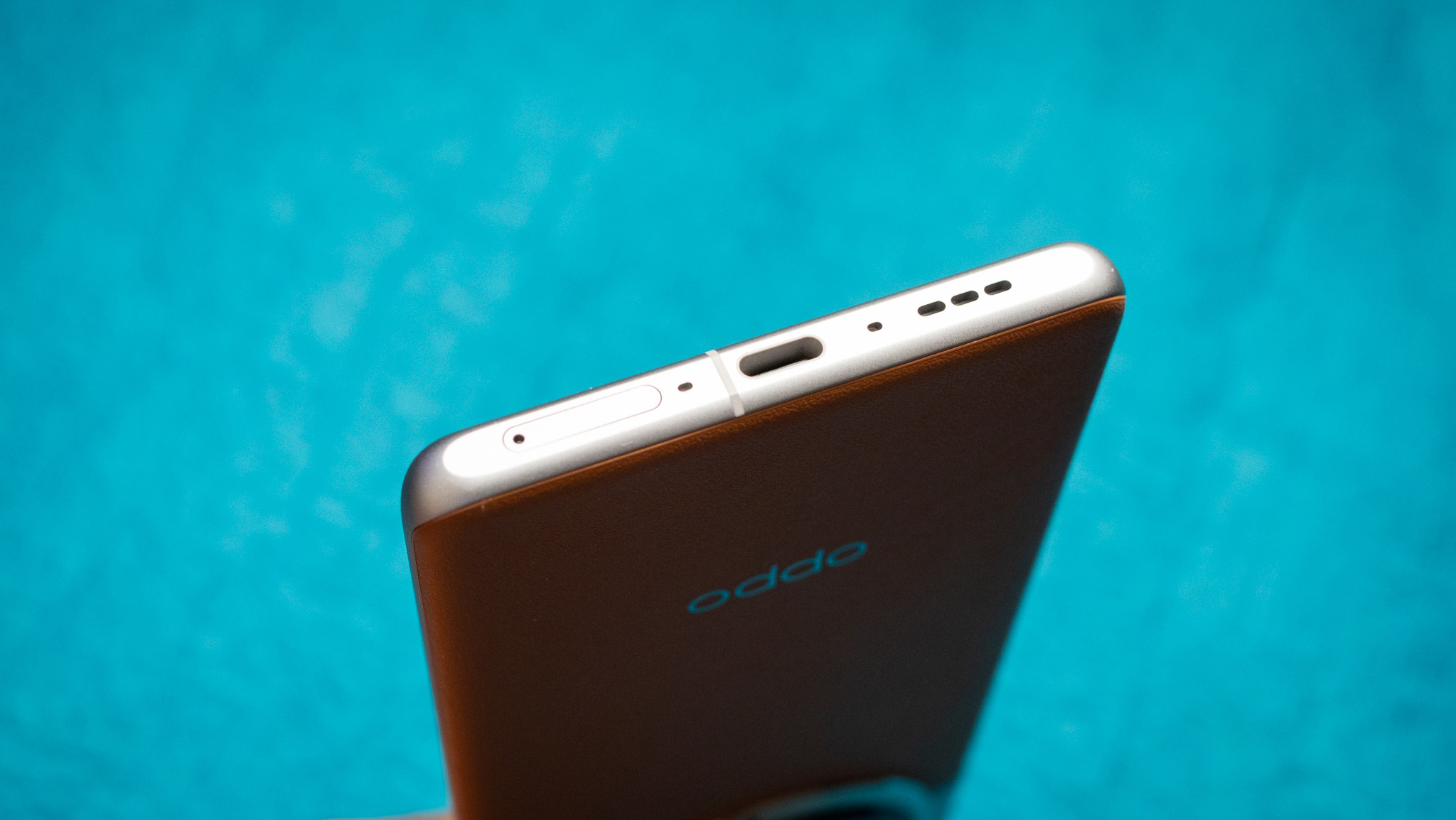
The power and volume buttons are positioned where they're easily accessible, and coming in at 218g, the device isn't as heavy as the Galaxy S23 Ultra or Xiaomi 13 Pro. Thankfully, extras like IP68 ingress protection are intact, and the in-screen optical module is ideally positioned under the screen, making it relatively straightforward to unlock the phone with your thumb.
You get a nice case bundled in the package, and it uses the same dual-tone color scheme as the phone, so you can show off the exquisite design while getting additional protection. Overall, the design of the X6 Pro is among the best phones I used this year, and I like the dual-tone colorway and the gargantuan camera island.
OPPO Find X6 Pro: Screen
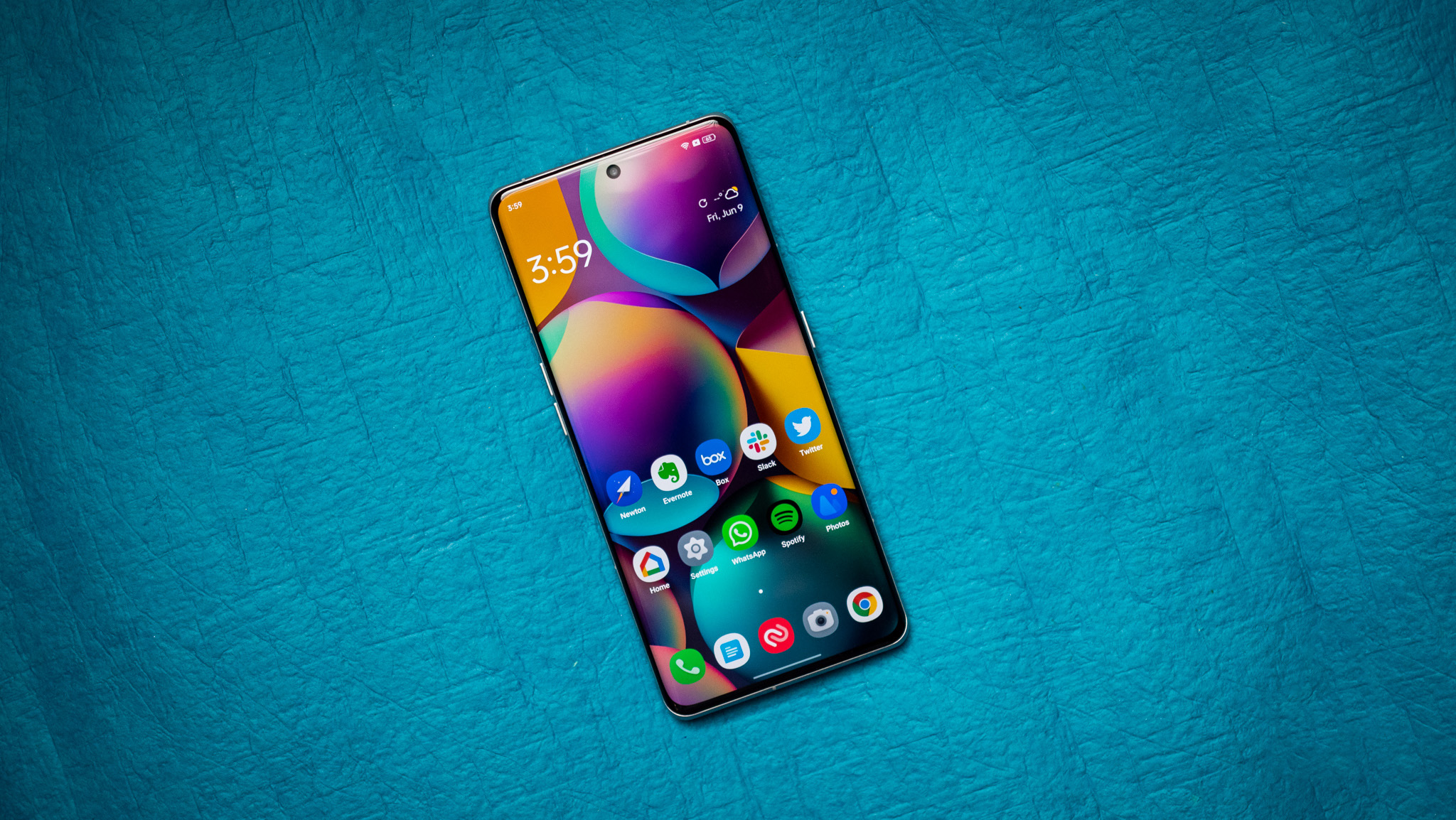
Like other high-end phones, the X6 Pro features a QHD+ AMOLED panel with 120Hz refresh. There isn't anything missing in this area, with OPPO including all the extras you'd want in a device of this caliber.
That includes the Ultra Vision Engine to boost colors of images and videos, a bright HDR mode, a feature that automatically changes the color balance based on ambient light, and three color modes: Natural, Pro, and Vivid. In my use, I found the Vivid mode to offer the best tonal balance thanks to saturated and vibrant colors.
You get the ability to switch the screen resolution between FHD+ and QHD+, and the refresh between 60Hz and 120Hz. Regardless of whatever mode you choose, the phone dynamically changes the refresh based on the content on the screen, going down to 1Hz for the always-on mode and all the way to 120Hz while navigating the UI, browsing, and general daily use.
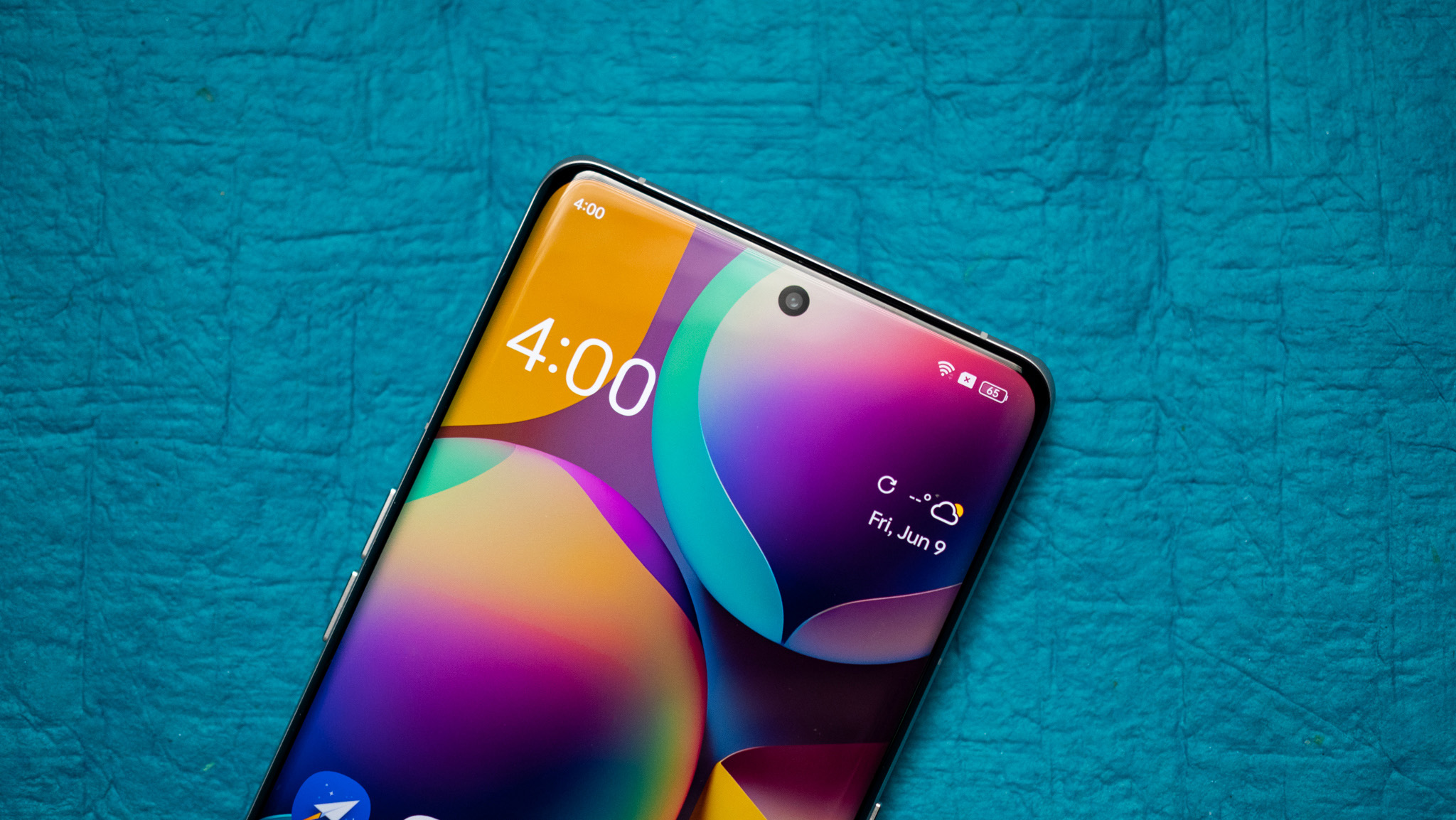
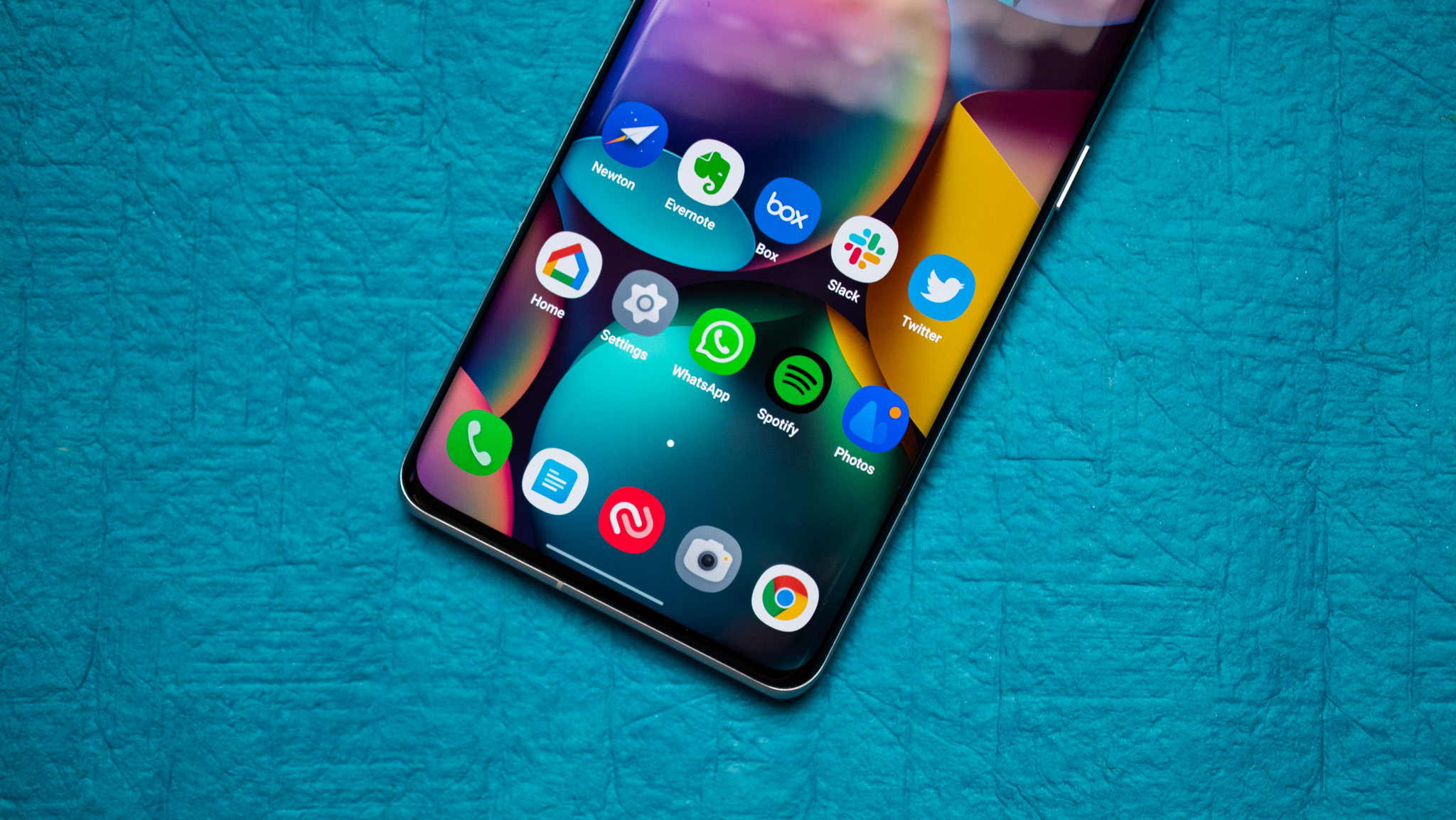
As is the case with the global version of ColorOS 13, gaming is still restricted to 60fps even in titles that let you play at up to 120fps. This is done to ensure the device doesn't overheat, and while it would have made sense in the past, there are no inherent heating issues with Qualcomm's latest silicon, and OPPO should reconsider this move. The Galaxy S23 Ultra uses the same silicon and it doesn't have any limitations in this area.
The 6.82-inch panel itself has outstanding colors and contrast levels, and it gets more than adequately bright for outdoor use — I didn't see any issues on this front. There's plenty of customizability as well, and I like the always-on mode that's available in ColorOS 13; it has a lot of unique styles — Insight is still my favorite — and you can draw custom patterns. As I'm using the Chinese version of ColorOS, there are additional always-on styles available online that you don't get in the global build.
There's stereo sound here, and while it isn't on par with the Xiaomi 13 Ultra, you get a distinct dual channel effect, and it's serviceable for playing games and streaming videos. The phone has Widevine L1, but because it's a Chinese build, I wasn't able to test HDR playback in the likes of Netflix and other streaming services.
The screen has a coating of Gorilla Glass Victus 2, and while I didn't test its efficacy on this particular device, it has proven to be a reliable protective layer based on my usage of other devices, and you can get away with not using any additional screen protection.
OPPO Find X6 Pro: Performance and battery
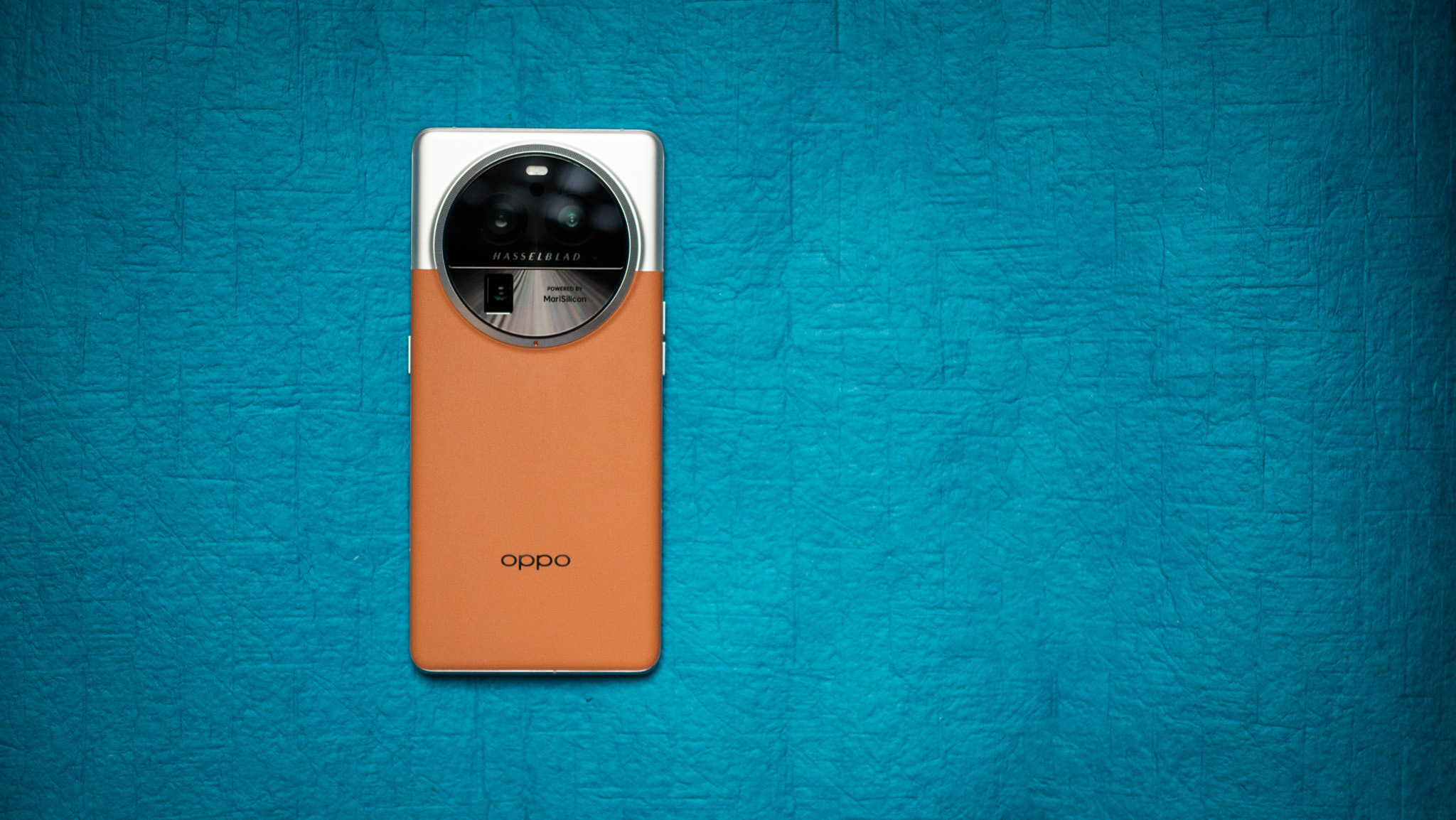
Although OPPO went with MediaTek on the Find N2 Flip, the manufacturer is using Qualcomm's latest Snapdragon 8 Gen 2 on the X6 Pro. This is a smart move as all the best Android phones use the same silicon, and the X6 Pro doesn't miss out in this key area.
Like the other devices I tested this year, the X6 Pro has zero issues on the performance front, delivering lag-free gaming even in visually-intensive titles and no overheating whatsoever after extended gaming sessions.
There isn't much missing on the memory and storage front either, with the device featuring 16GB of LPDDR5X RAM and 512GB of UFS 4.0 storage. And while the phone isn't launching in global markets, it has global Sub-6 5G bands that technically allow it to be used in any country - not that you should consider buying one off a reseller.
Rounding out the hardware, you get Wi-Fi 7, Bluetooth 5.3, NFC, the full AptX suite of high-res audio codecs, eSIM, and global GPS radios along with an IR blaster. The in-screen optical module is ideally positioned, and it is fast to authenticate. OPPO is known for using one of the best vibration motors on its high-end devices, and that's no different here - the x-axis motor delives exquisite feedback in daily use.
Switching things to the battery, you'll find a 5000mAh battery on the device, and it easily lasts over a day without any issues. There's 100W wired charging alongside 50W wireless charging, and 10W reverse wireless charging on offer. It takes just under 30 minutes to fully charge the device, and the Battery Health Engine feature that was introduced last year on the X5 Pro is present here as well, with the device guaranteed to last 1,600 charge cycles without any noticeable battery degradation.
OPPO Find X6 Pro: Cameras
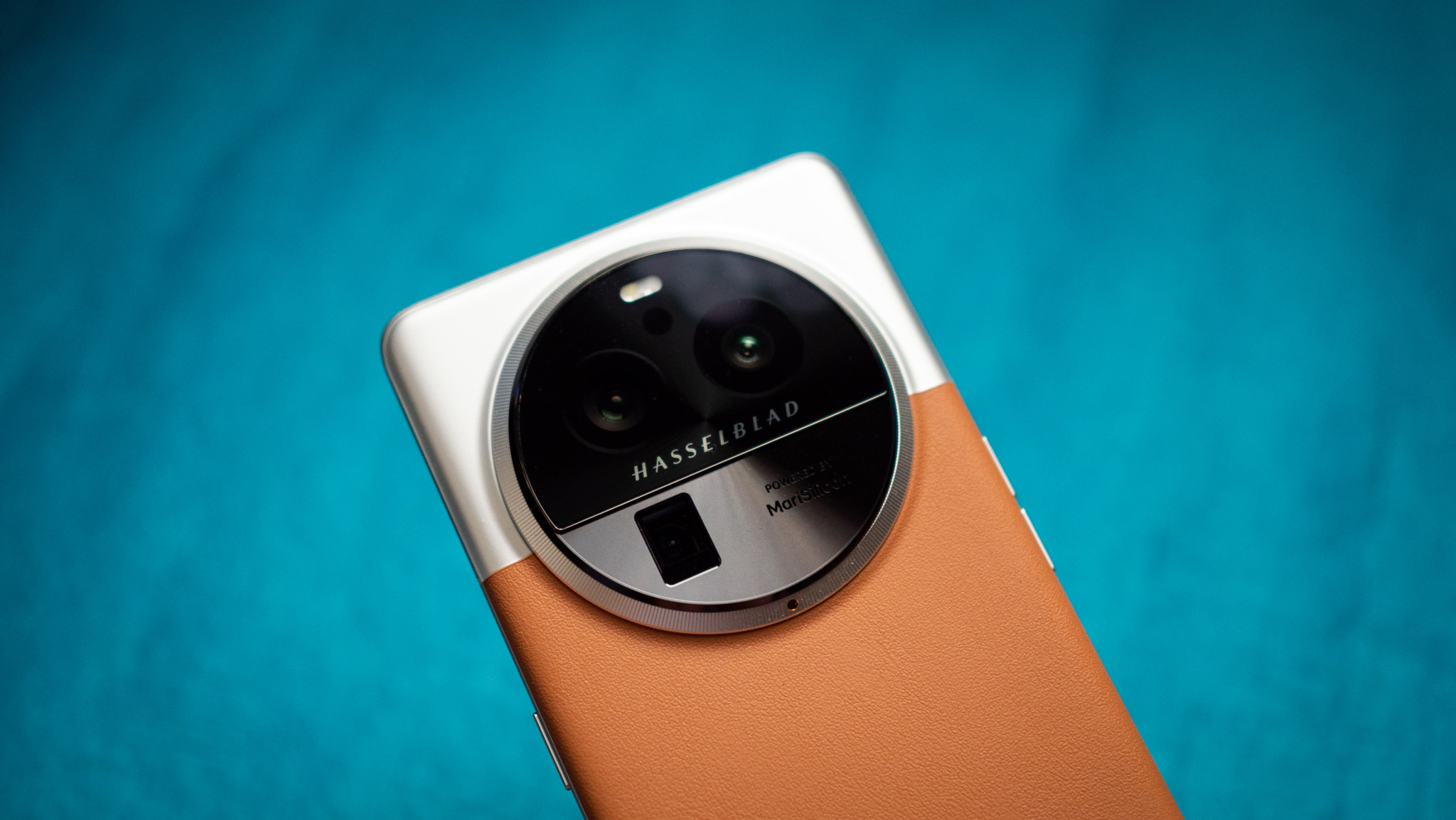
A key upgrade on the X6 Pro is around the cameras; the device has a trio of 50MP cameras at the back, and the main sensor is the Sony IMX989 1-inch module that's seen in the Xiaomi 12S Ultra, Xiaomi 13 Pro, Xiaomi 13 Ultra, and the Vivo X90 Pro. The main lens is joined by a 50MP Sony IMX890 wide-angle camera that has a 110-degree field of view, and a 50MP telephoto with OIS and 2.8x optical zoom that uses the same Sony imaging hardware. At the front, you get a 32MP shooter that has autofocus.
The camera interface is identical to other devices running ColorOS 13, but as an homage to the Hasselblad integration, you get orange accents throughout and the leaf shutter sound. Talking about Hasselblad, the Swedish camera giant tweaked its color balance this year, offering natural colors that look quite different to the last two generations.
The X6 Pro also utilizes the in-house MariSilicon X imaging hardware that kicks in during low-light video and HDR scenes. There are considerable gains on the video front as well, with all three cameras able to shoot 4K footage at 60fps -- even with the zoom level going up to 6x. Like Xiaomi, you get the ability to shoot Dolby Vision footage straight out of the camera, with the resolution limited to 4K at 60fps.
You get a decent number of shooting modes, and the Pro mode in particular is great if you're interested in adjusting granular shooting settings. There's dual-view video that takes footage from the rear and front cameras, slow-mo, a dedicated movie mode, document mode that's handy when taking photos of any document, and XPAN.
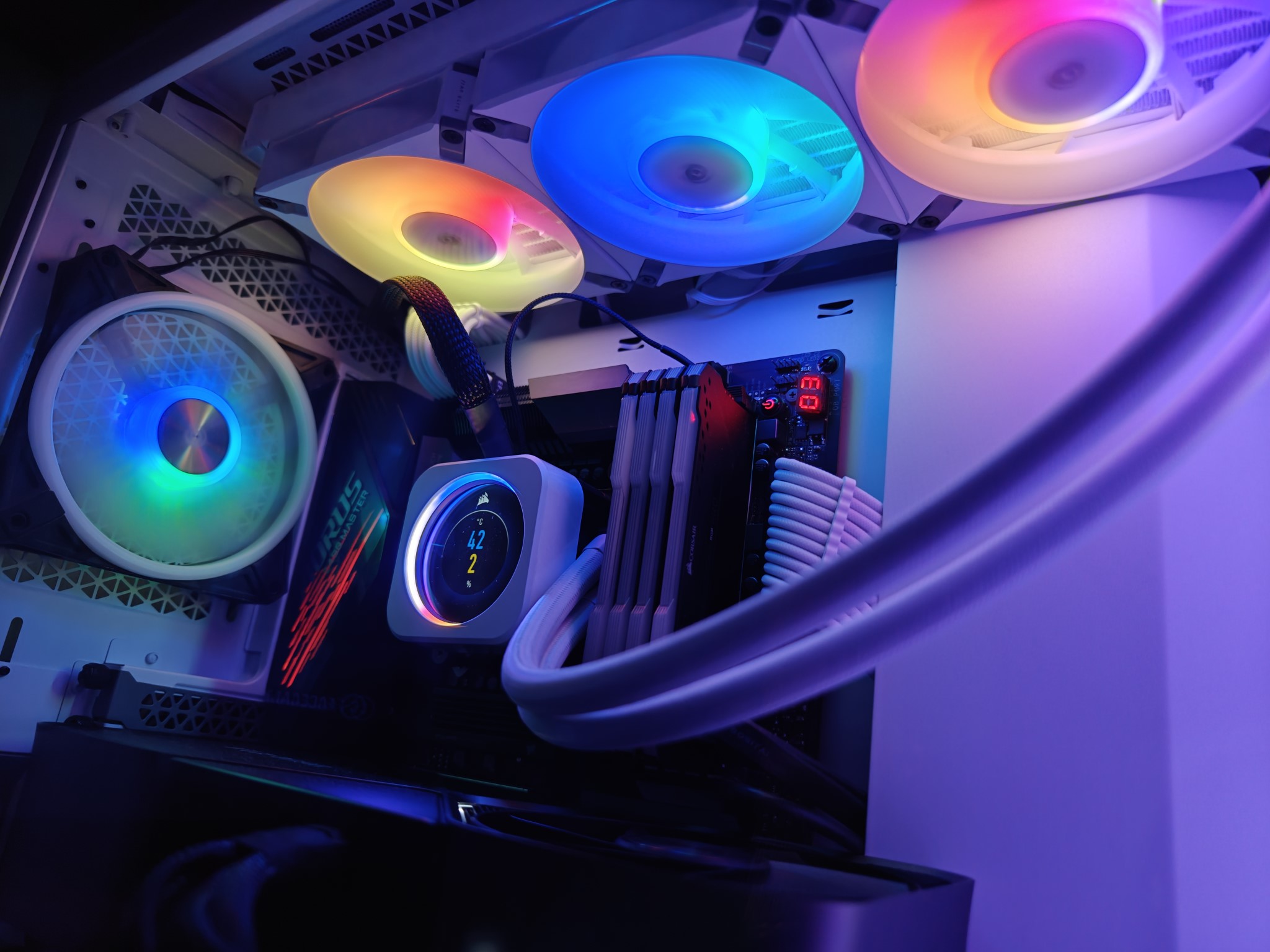

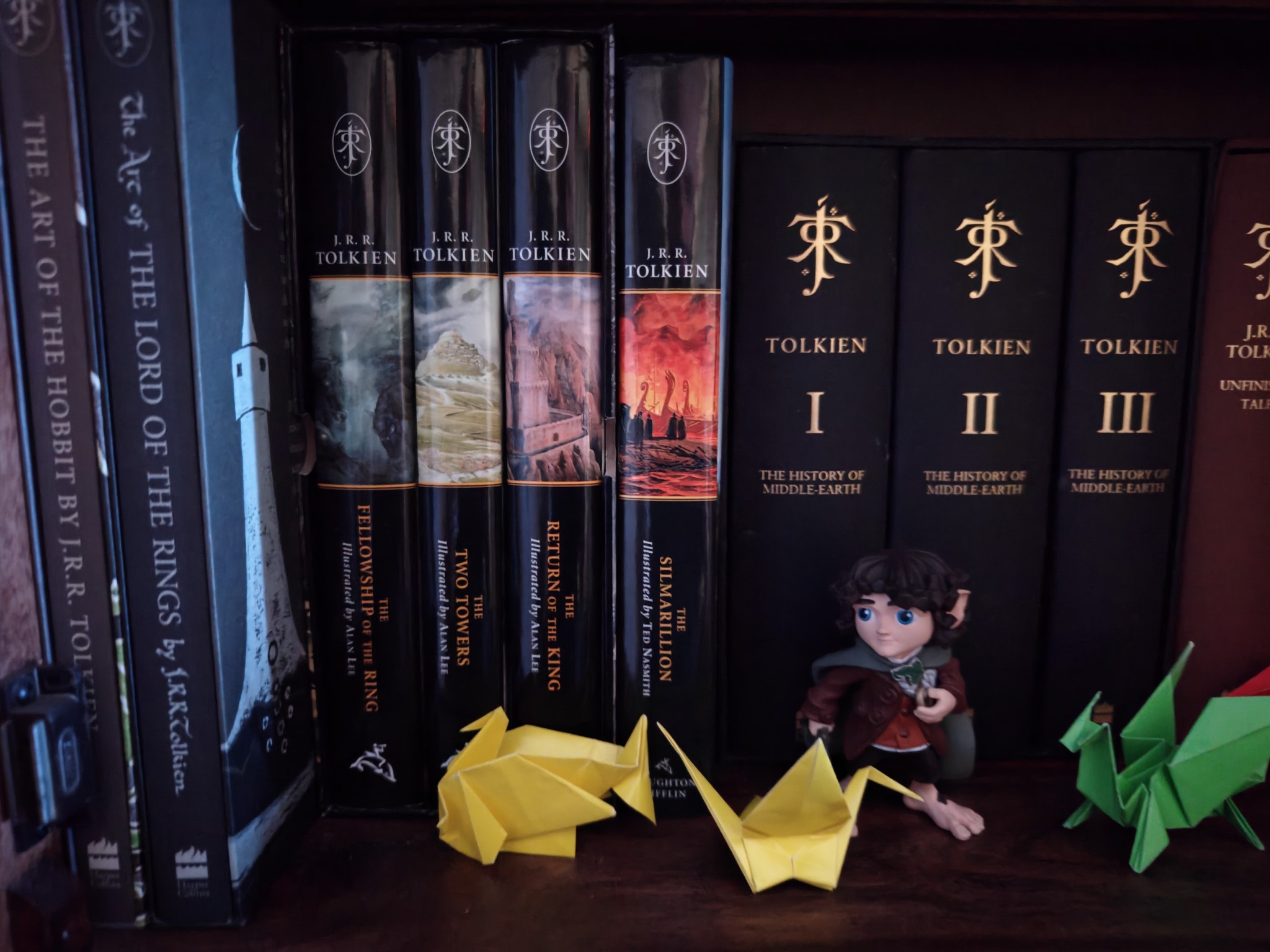
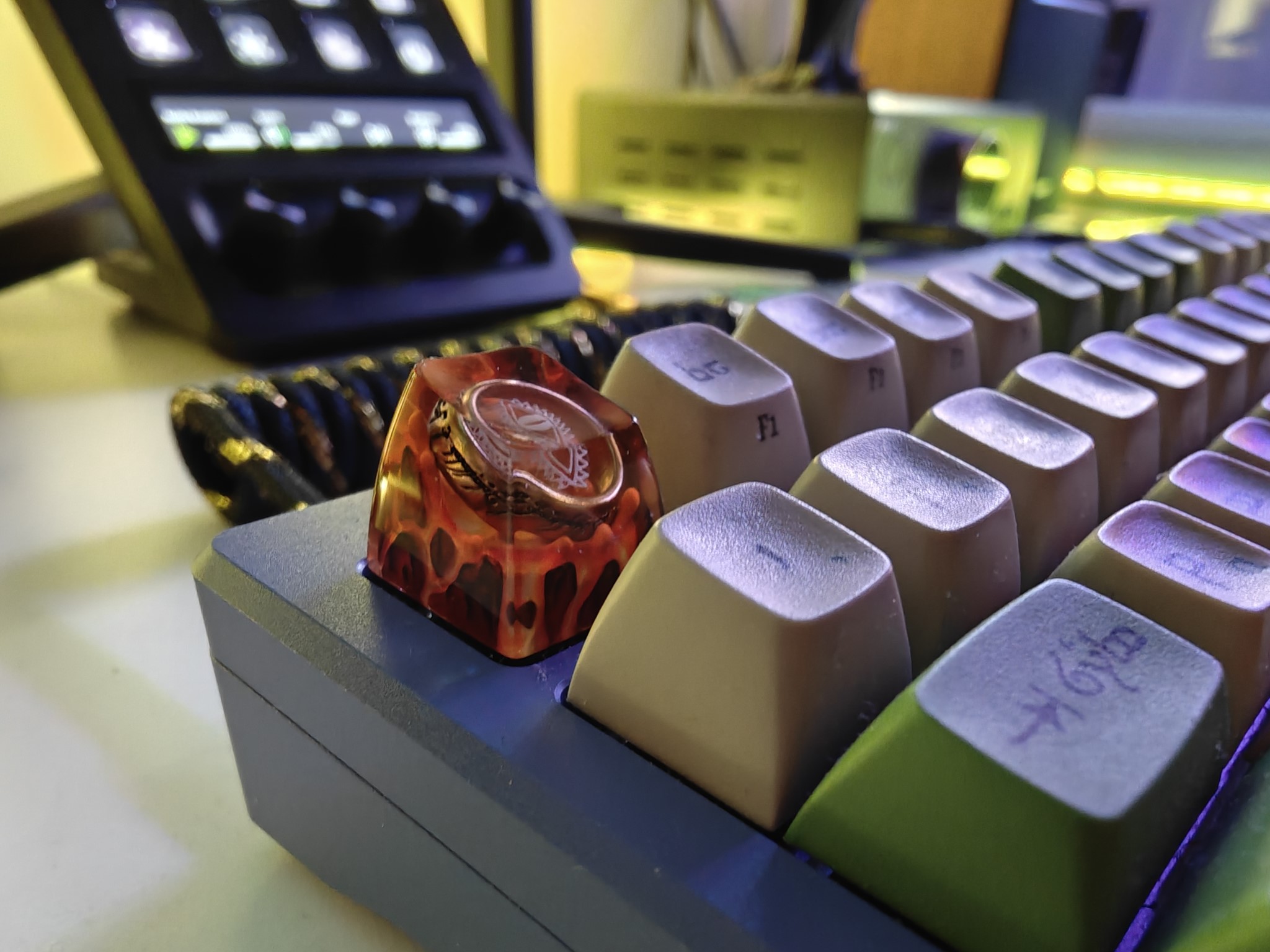
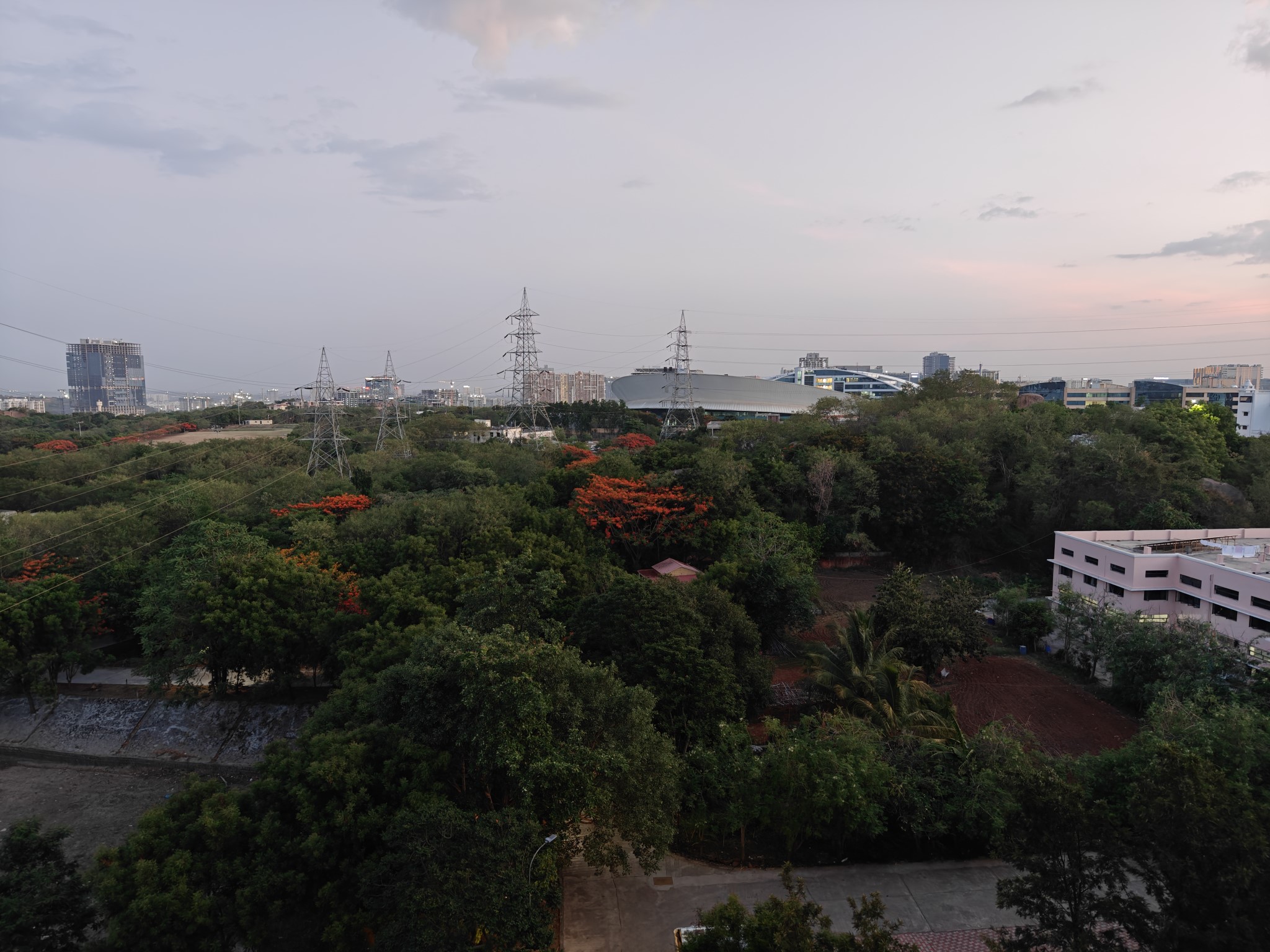
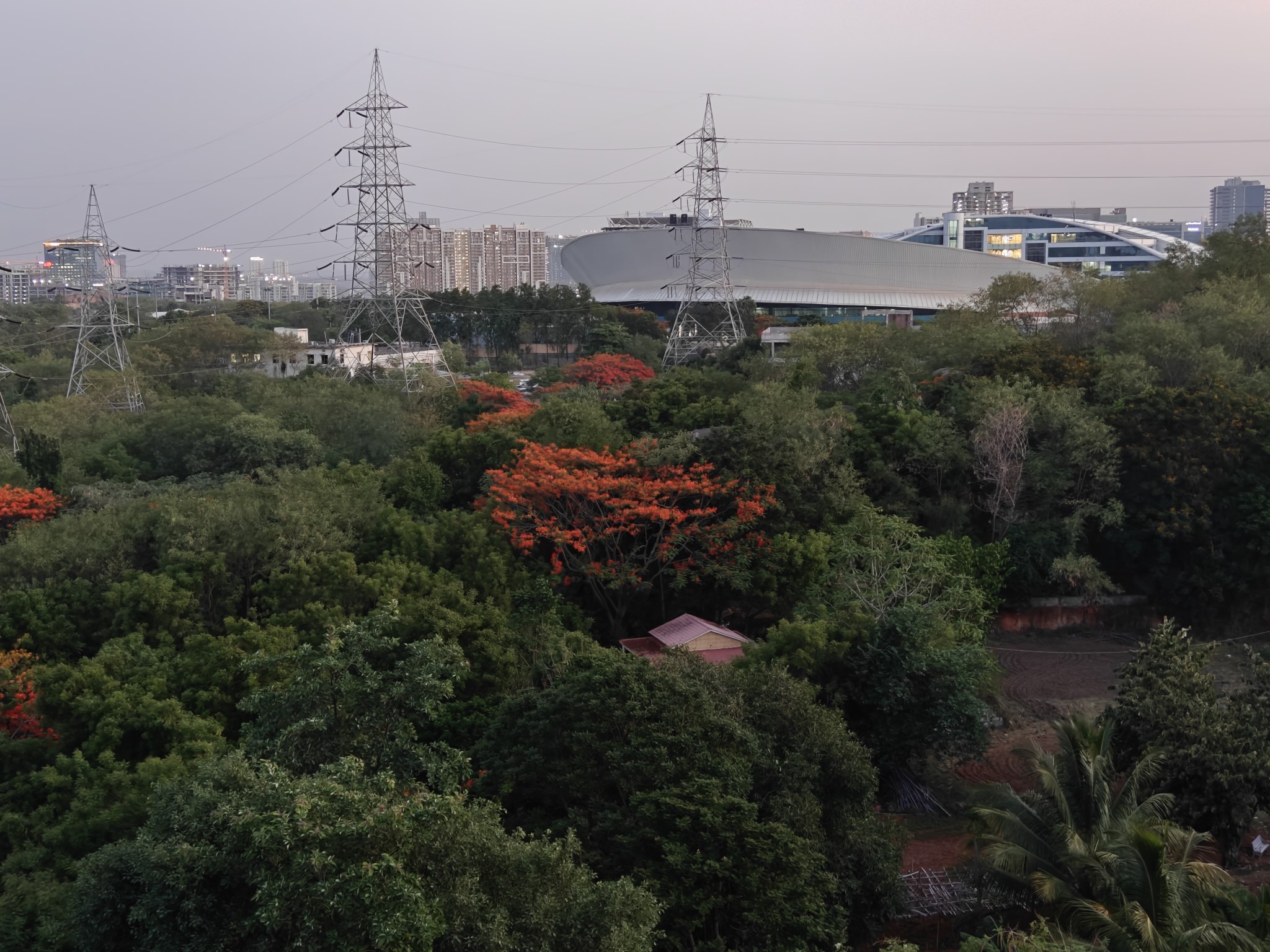
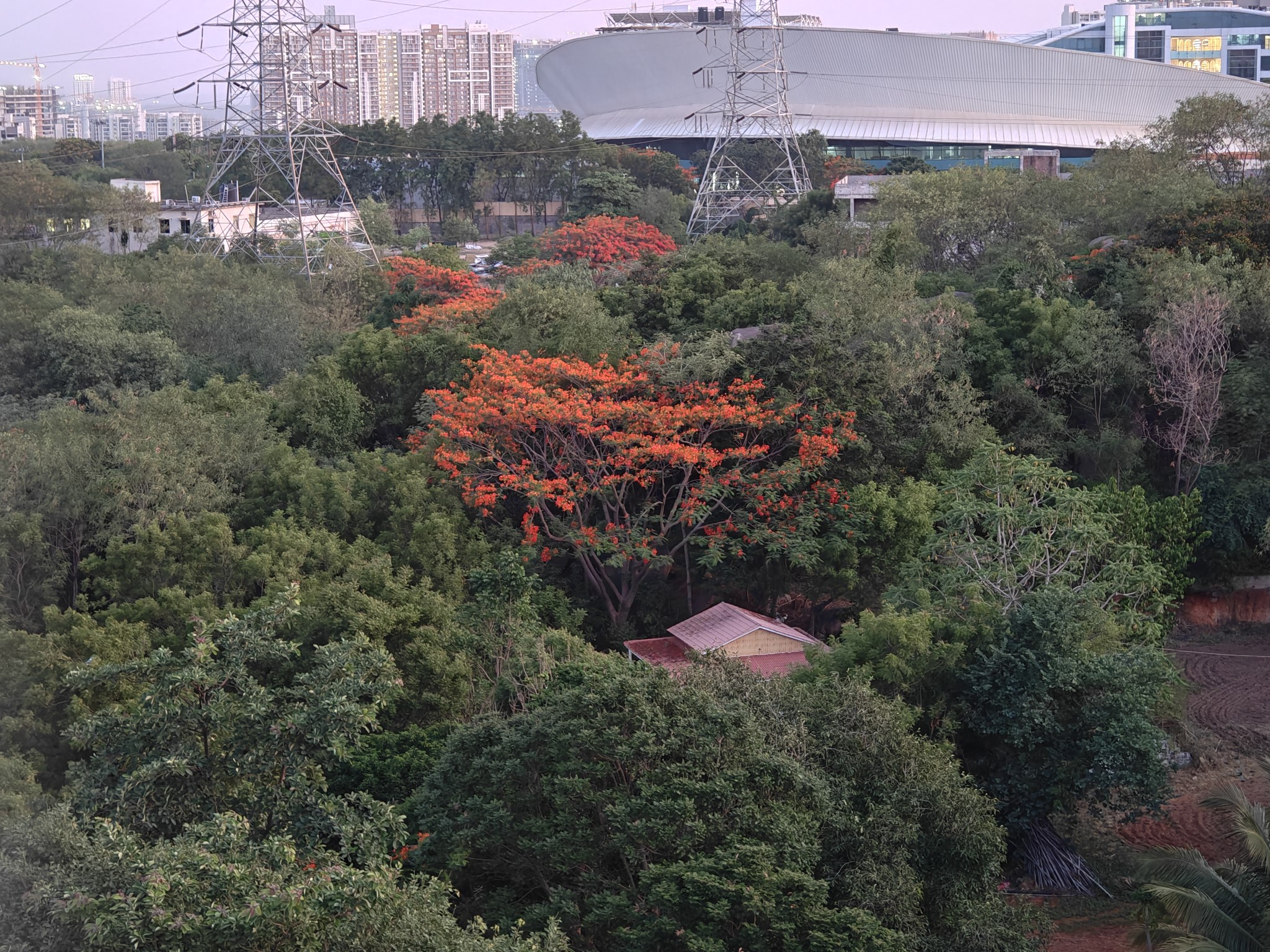
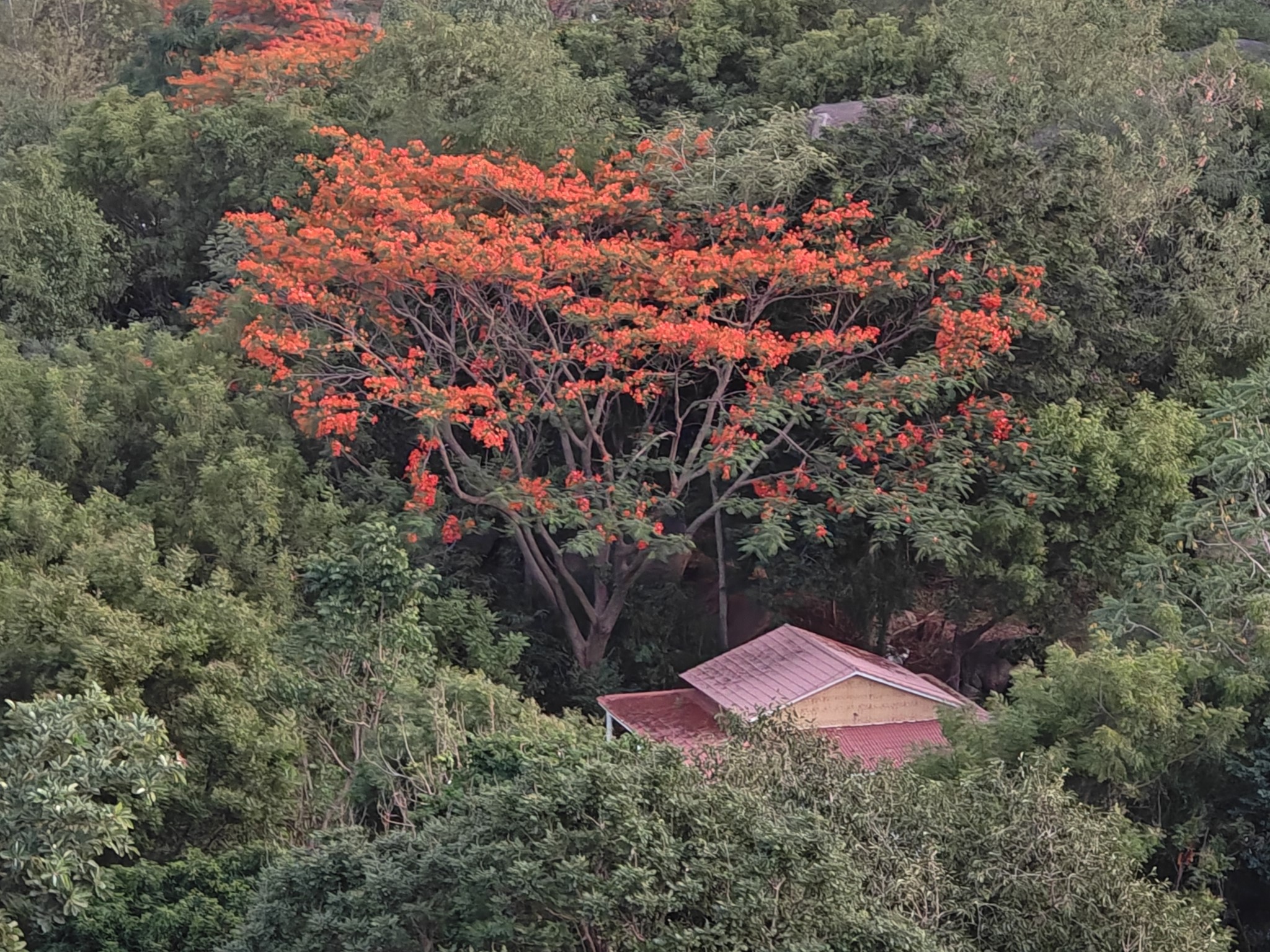
Like other devices featuring the Sony IMX989 module, the X6 Pro relies on four-to-one pixel binning to produce 12.5MP photos. You get outstanding detail retrieval and dynamic range in daylight shots, and I like the changes to Hasselblad's color tuning - you get accurate colors with good contrast levels, and reds don't look overly saturated unlike previous years.
In a similar vein, the 50MP wide-angle lens delivers incredible shots in just about any situation, offering the same excellent dynamic range and color balance. It also doubles as the macro lens, and I was able to get great shots from just 4cm away.
While the official zoom factor is 2.8x, you get 3x and 6x levels via the viewfinder, and like the other two sensors, the zoom module produces detailed shots with minimal noise and accurate colors. One of the best things about the X6 Pro is its ability to deliver standout shots in low-light situations, and all three cameras do an incredible job in this area.
Clearly, the cameras on offer here are among the best in the industry, and that makes it doubly annoying that the X6 Pro isn't heading outside China. It would have given the Xiaomi 13 Ultra a run for its money, along with being a viable alternative to the Galaxy S23 Ultra and Pixel 7 Pro.
OPPO Find X6 Pro: Software
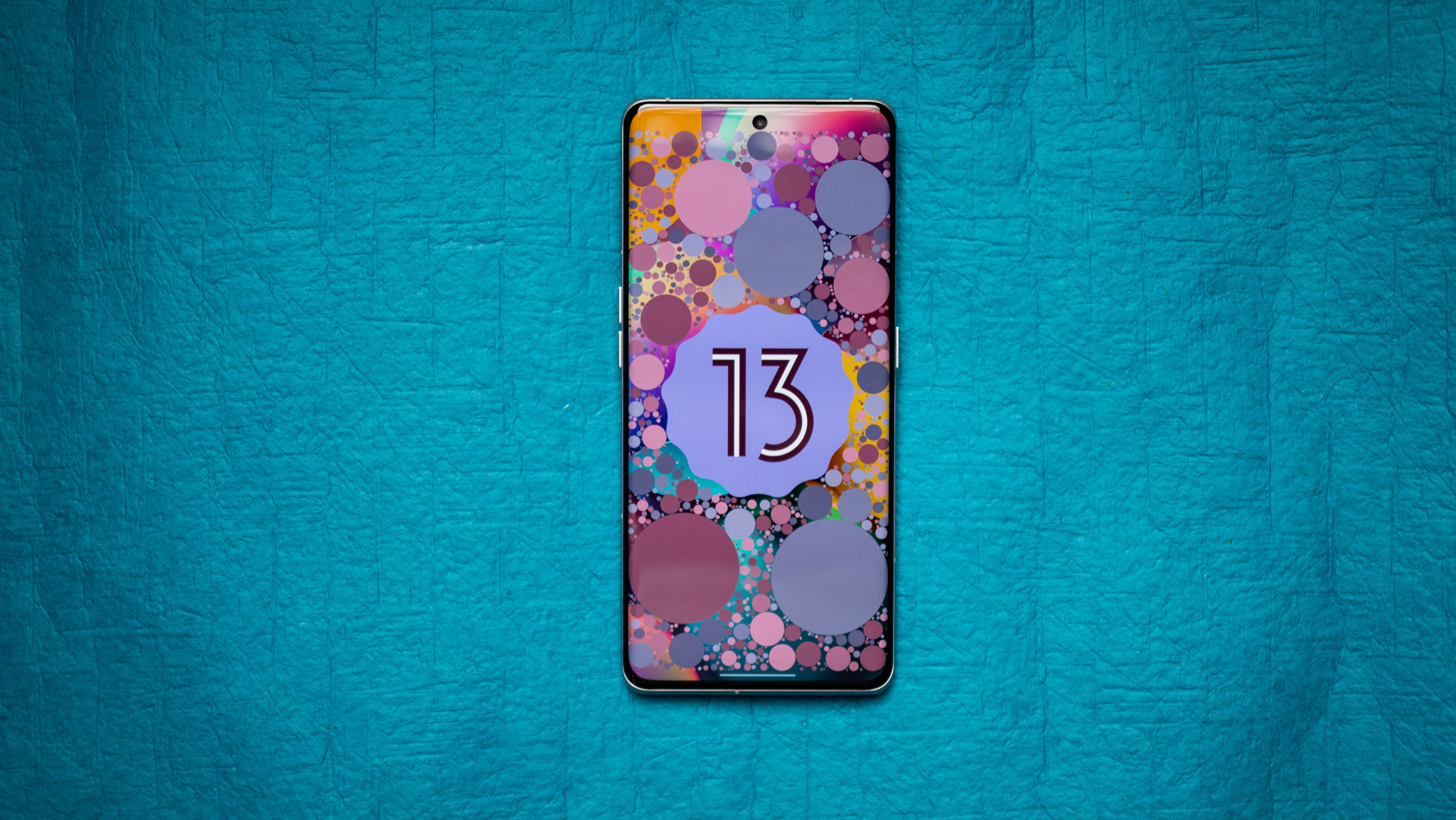
The biggest issue with the X6 Pro is that it isn't launching globally, unlike its predecessors. OPPO is instead positioning the Find N2 Flip as the default choice for those looking to pick up a high-end phone from the manufacturer in overseas markets, and while I really like the foldable, I think the X6 Pro should have seen a global release as well.
The phone clearly has the hardware and cameras to go up against the best that Samsung, Xiaomi, and Google have to offer, but for whatever reason, it is limited to China. That means no access to Google services out of the box, and you miss out on official warranty and after-sales service if you pick up the phone from a reseller.
Considering the phone runs the Chinese version of ColorOS 13 based on Android 13 out of the box, I'm not going to do a full walkthrough of the software. It's similar to the global version of ColorOS, and thankfully, it contains the requisite hooks to enable Google Mobile Services; installing the Play Store is as easy as going into the App Market, downloading Chrome, and manually downloading the APK for the Play Store. MIUI has the Play Store installer directly, but I couldn't locate that here, but again, it isn't too much of a hassle to get the official APK.
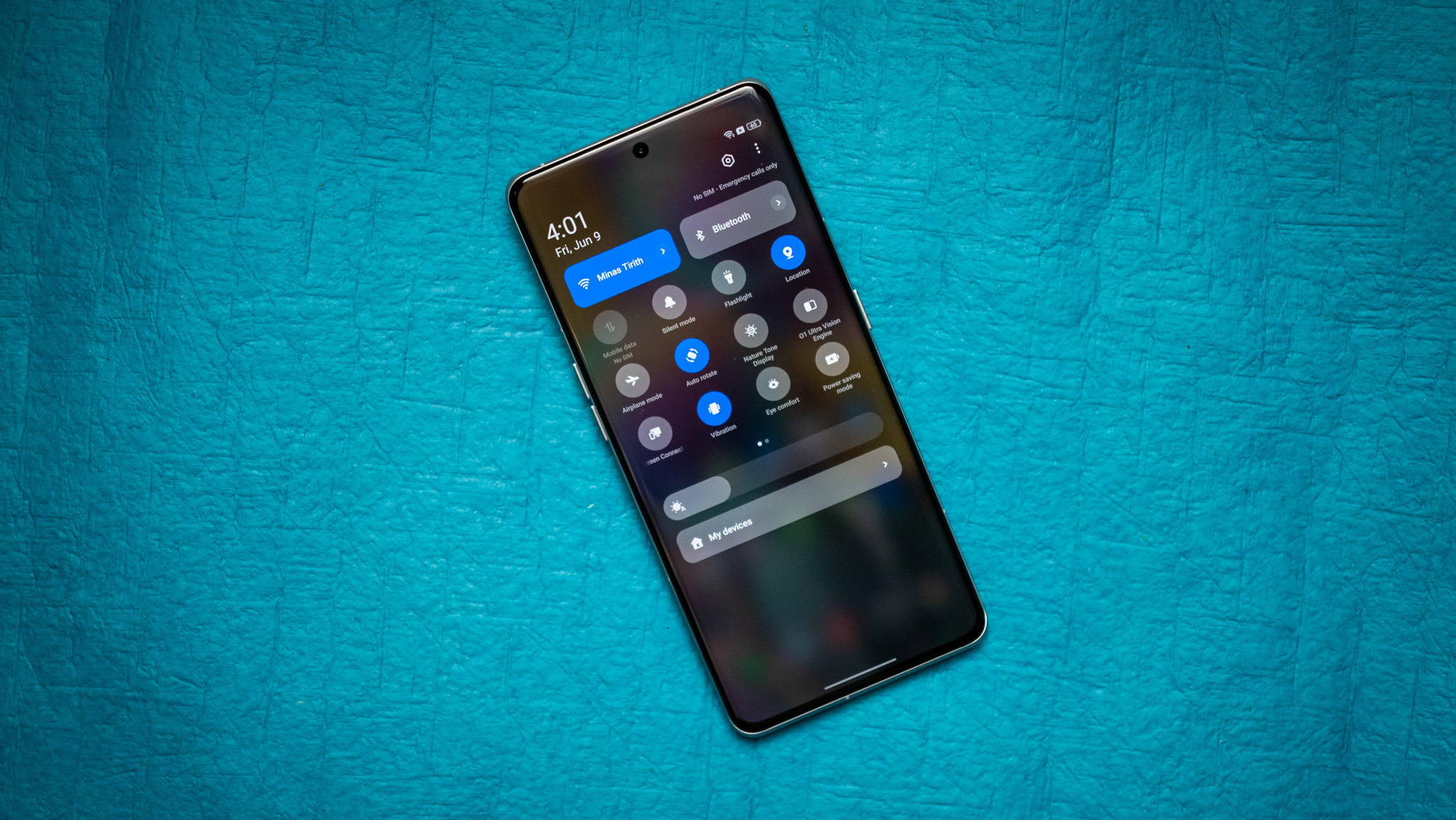
And once you have the Play Store up and running, you can sign in to your account and install anything you need. Once I set up the phone and downloaded the apps I use, I didn't notice any difference between the Chinese version and global variant of ColorOS. The interface is identical, and you get the same customization options. There are a few unique additions that are local to the Chinese market, and what I liked was the ability to uninstall all the system apps — this isn't available in the global version at the moment.
The device will get the same number of software updates as global models, and that means you're looking at four Android OS updates and five years of security updates. That's in line with what you get on the best Samsung phones, and you should get timely updates as well.
OPPO Find X6 Pro: The competition
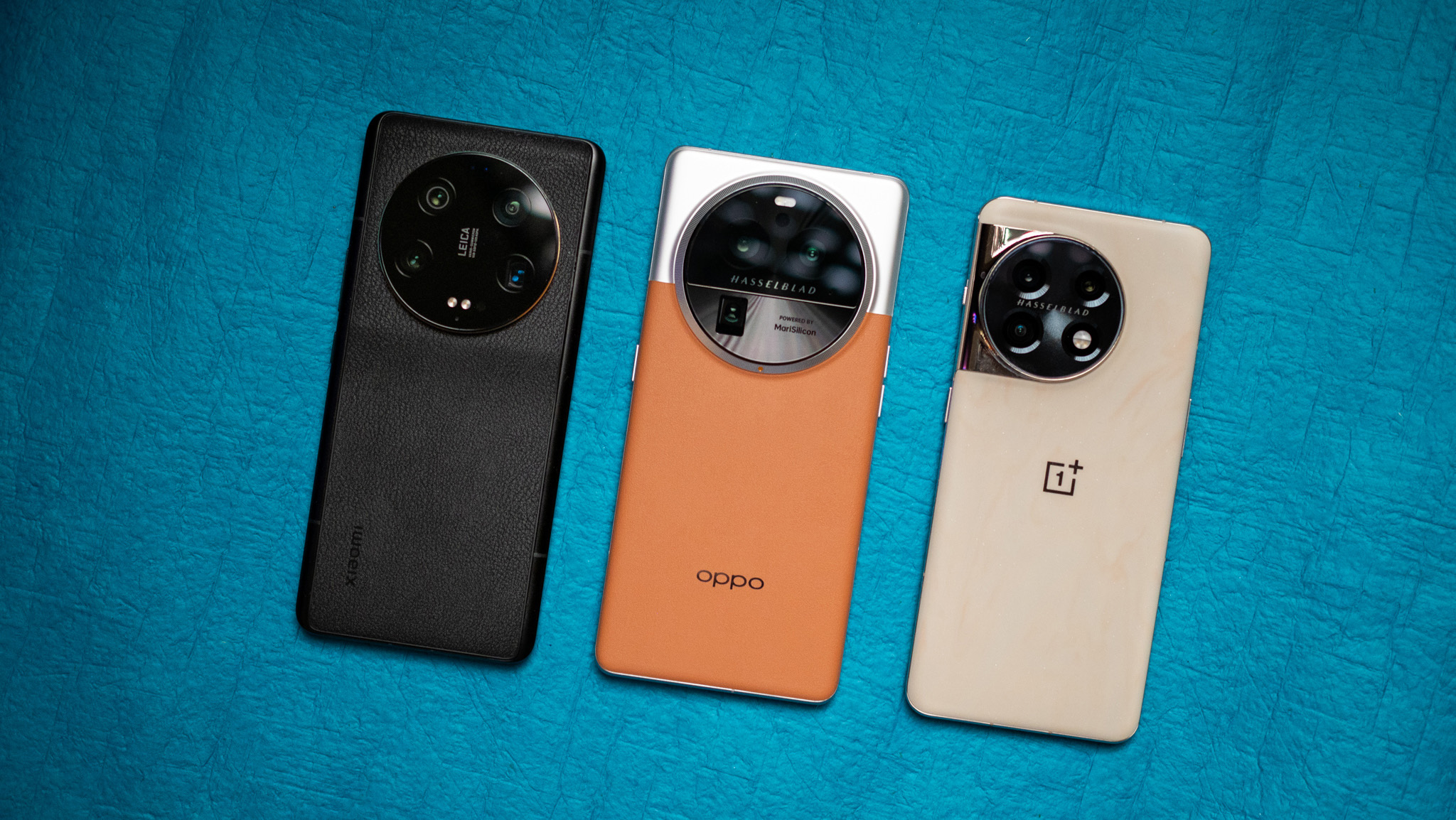
The Xiaomi 13 Ultra is a terrific alternative, and it has more versatile auxiliary cameras while offering the same 1-inch sensor for the main 50MP module. I'm also a fan of the design of the Xiaomi 13 Ultra; that leather back with the oversized camera ring and gold accents gives it a strong presence. Xiaomi also kicked off sales of the 13 Ultra in global markets, and while it is costly, you are getting the best overall cameras of any phone today.
If you want a safe bet, the Galaxy S23 Ultra or S23+ deliver stellar hardware and all the extras you want. Samsung should have done a little more on the camera front with the S23+ to make it stand out against Chinese rivals, but other than that, it is a great overall device. The S23 Ultra is my favorite Android phone of 2023, and while you'll need to pay a premium, it is the most feature-rich device available today.
OPPO Find X6 Pro: Should you buy it?
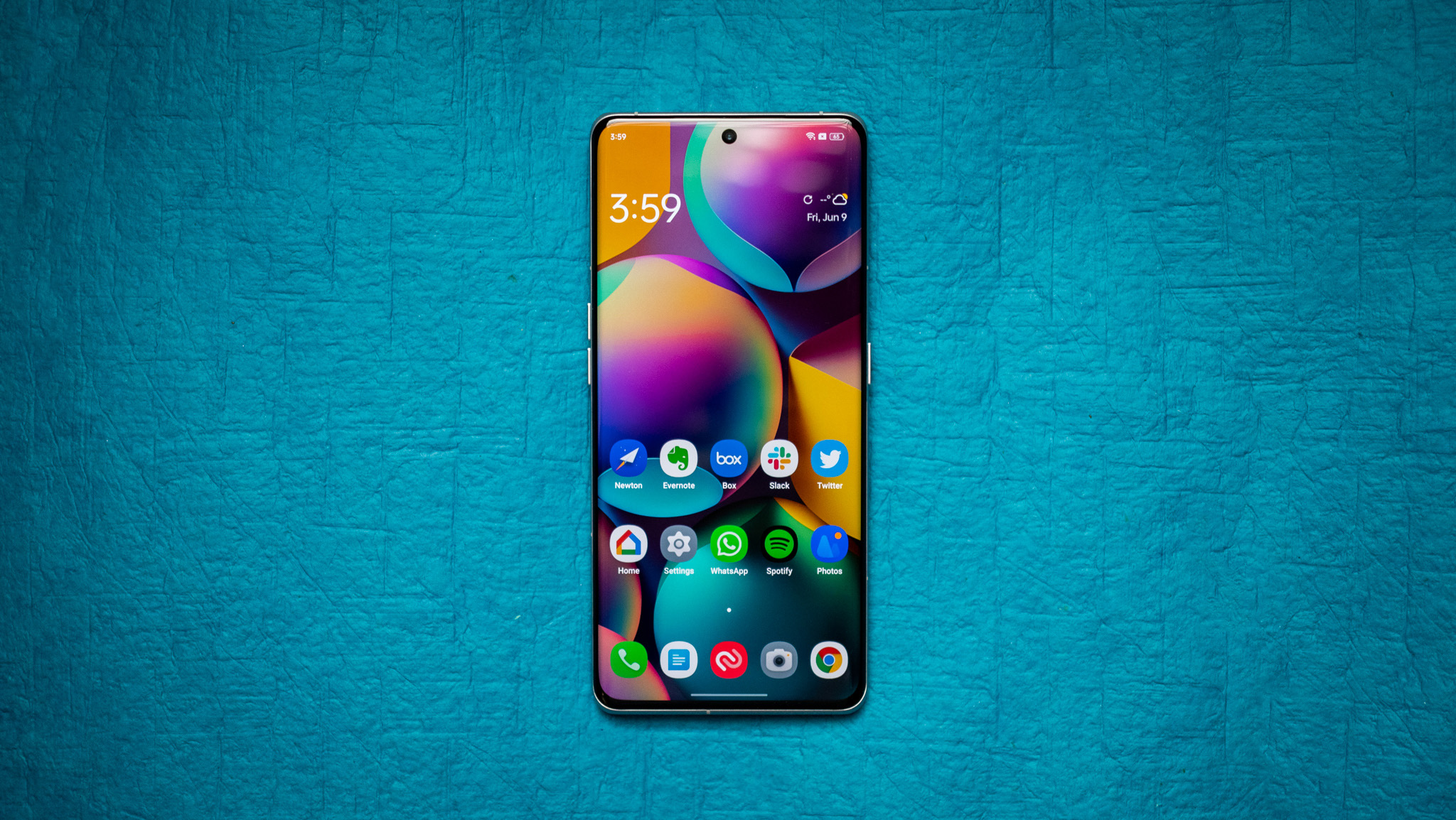
You should buy this if:
- You want a phone that looks and feels unique
- You need the latest screen and battery tech
- You want powerful hardware that's guaranteed to last several years
- You need one of the best cameras on Android
You shouldn't buy this if:
- You want official warranty
- You need a phone with Google services out of the box
The Find X6 Pro is definitely one of the best phones OPPO has produced thus far, and while it doesn't share much resemblance to its predecessors, I like the new design language with the dual-tone finish. The phone is just as fast and fluid as other devices featuring Qualcomm's latest silicon, and the screen is an an absolute joy to use.
The biggest reason for buying the X6 Pro is the cameras, and there is a lot to like here. The trio of 50MP cameras at the back take magnificent photos and videos, and the Hasselblad tuning with this generation leads to accurate photos that look stellar. This is one of the best camera packages you'll find on Android today, and the device holds its own against the best Android phones.
Even though the device runs the Chinese version of ColorOS, it's easy enough to install the Play Store. However, as the phone isn't launching outside the country, potential customers will need to go the reseller route or wait a year for the X7 Pro to launch and see if that is available more widely. Ultimately, that's what decides the fate of the X6 Pro — it is a fabulous phone hobbled by availability issues.







